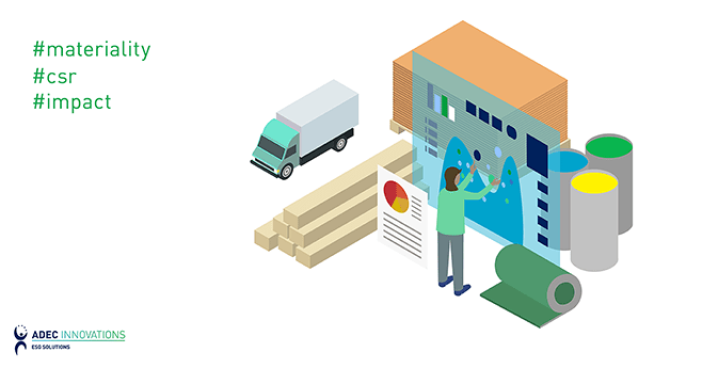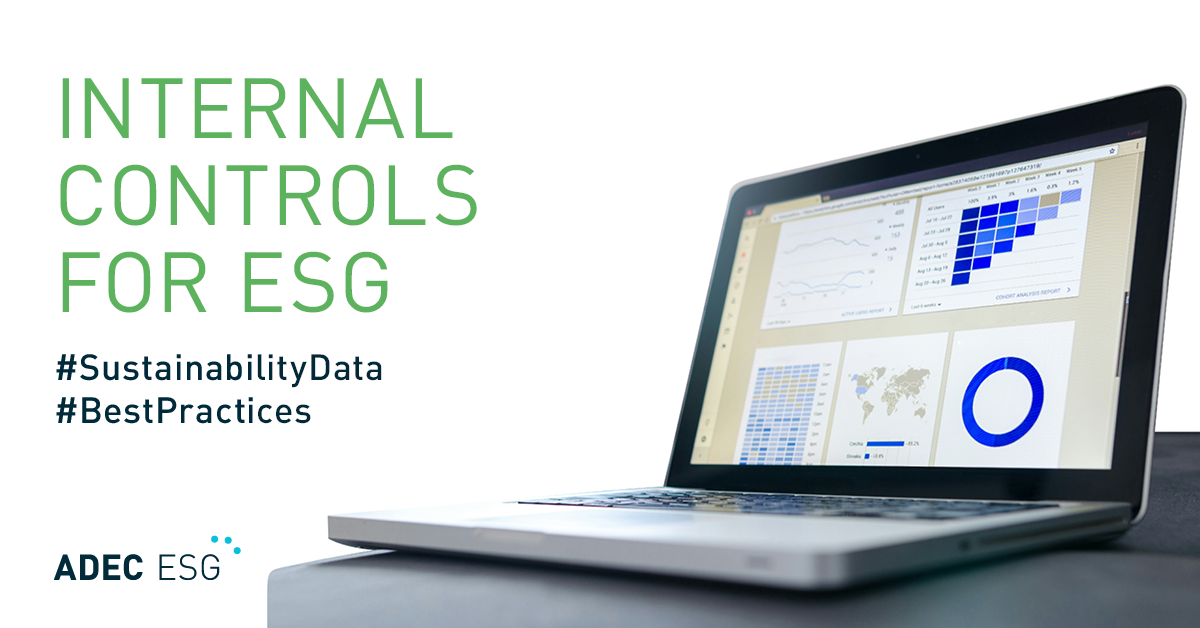Studies show that companies that ranked high in their sustainability rating outperformed those with a lower ranking. To satisfy investors, promote transparency, and build business resilience, companies must establish a robust sustainability strategy and integrate that into their business operations.
Identifying the key ESG factors that impact your company is at the heart of a resource-efficient sustainability strategy. This is where Materiality Analysis comes into play.
Materiality Matters in ESG
A Materiality Analysis is a tool which identifies “material” ESG topics that may be relevant and impactful to an organization and its stakeholders. According to the Global Reporting Institute (GRI) Core Standards, “material” topics reflect an organization’s economic, environmental, and social impacts or substantively influence the assessments and decisions of stakeholders.
A company’s materiality analysis sets the framework for its sustainability strategy. It also helps focus their efforts on substantial ESG topics that affect their longevity.
There are other advantages to materiality analyses as well. Here are seven reasons why you might consider conducting a materiality analysis:
1. Sustainability road mapping
Companies can develop a long-term plan and prioritize actions that would make the most impact in terms of mitigating climate-related risks and maximizing opportunities.
2. Stakeholder engagement
Using interviews, surveys, and other forms of communication, conducting a materiality analysis provides an avenue for companies to improve relations and engage with stakeholders such as investors, C-suite executives, customers, and employees.
3. Reputation
Companies that show a commitment to sustainability are viewed more favorably than companies that don’t, especially from younger generations. Conducting a materiality analysis also demonstrates a proactive approach to risk management, climate action, social and governance issues, and long-term strategy.
4. Resource allocation
Understanding which ESG topics are material can help companies focus their time and resources. A company can weigh the magnitude and likelihood of risks associated with each topic, as well as understand the aspect of business it would affect. This allows teams to most prudently prioritize resource allocation.
5. Sustainability reporting
Companies can improve the quality and relevance of their Corporate Social Responsibility Report (CSR) by reporting on the identified material topics. This allows the company’s external communications to be more effective in conveying the topics and details that stakeholders are most interested in.
6. Tracking current and emerging trends
Evaluating material topics can identify current and emerging ESG trends for stakeholders. This provides an avenue for companies to make proactive adjustments to their sustainability strategy.
7. Data tracking and monitoring
Companies can better assess and improve upon existing data tracking and monitoring processes used to evaluate their business.
At ADEC ESG Solutions, we help companies identify the material ESG topics most important to their stakeholders through various methods such a direct interviews, surveys, and market research. Through evaluation of widely recognized standards and frameworks, stakeholder engagement, and other research methods, we help effectively prioritize your ESG roadmap to take your sustainability strategy to the next level.
ADEC ESG Solutions is a leading provider of ESG solutions, including GHG and ESG metrics management, ESG corporate, and software and technology solutions.
Contact us to learn more about how we can work with you to design custom solutions for your sustainability journey.




